
What is anxiety? What does it look like? How is it affecting your life – your partners life?
In Podcast #108 I will take a look at anxiety and the possible side affects on your sex life. I share three main reasons anxiety may be interfering with your best life. Anxiety is an emotion that can take a physical as well as an emotional toll on you and your relationships. For some, there is a need for medication and a mental health advisor or doctor. But for many, it’s about managing our thoughts. I will discuss the importance of becoming friends with our emotions, rather than running from them to alleviate anxiety in your life. It’s possible – it really is.
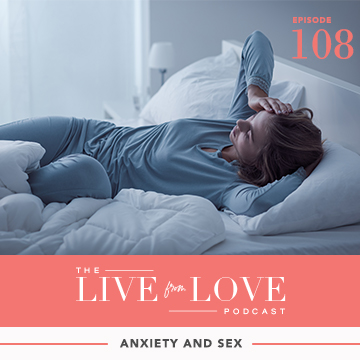
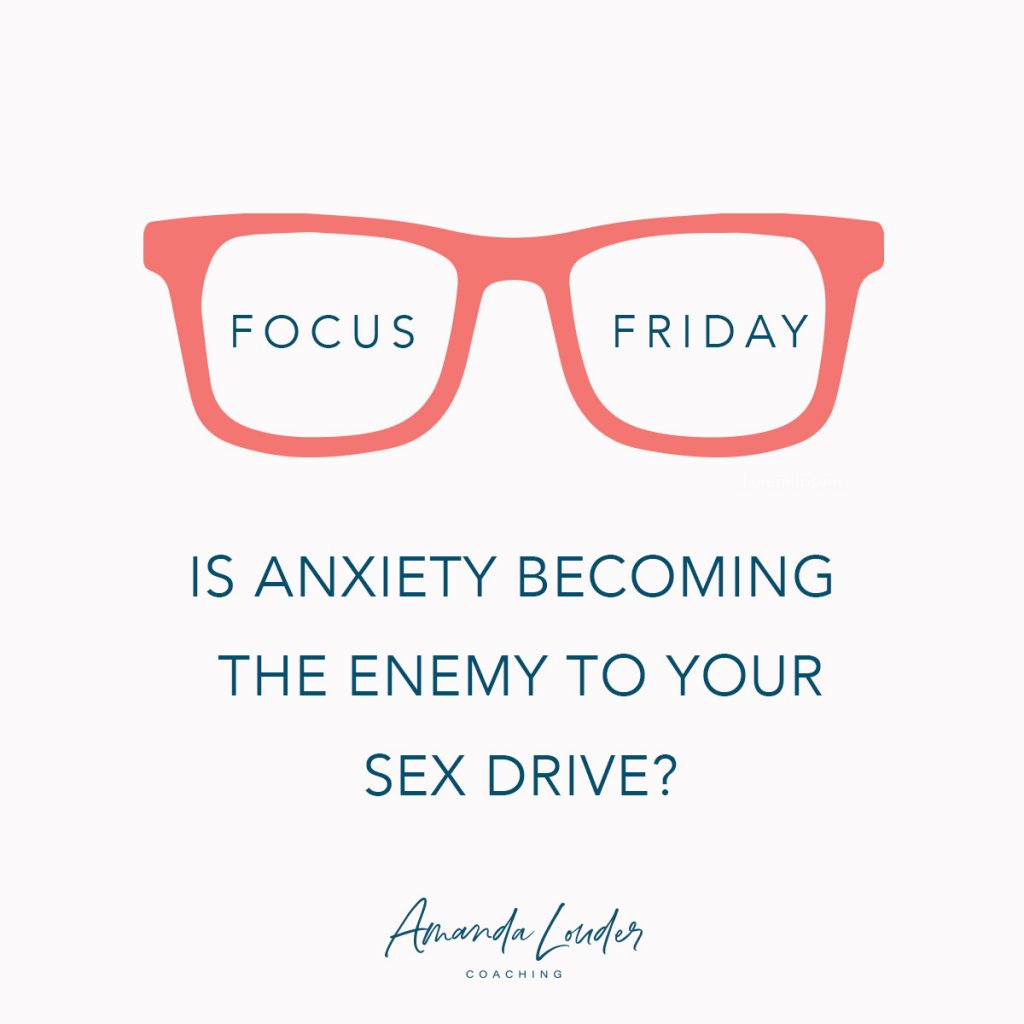
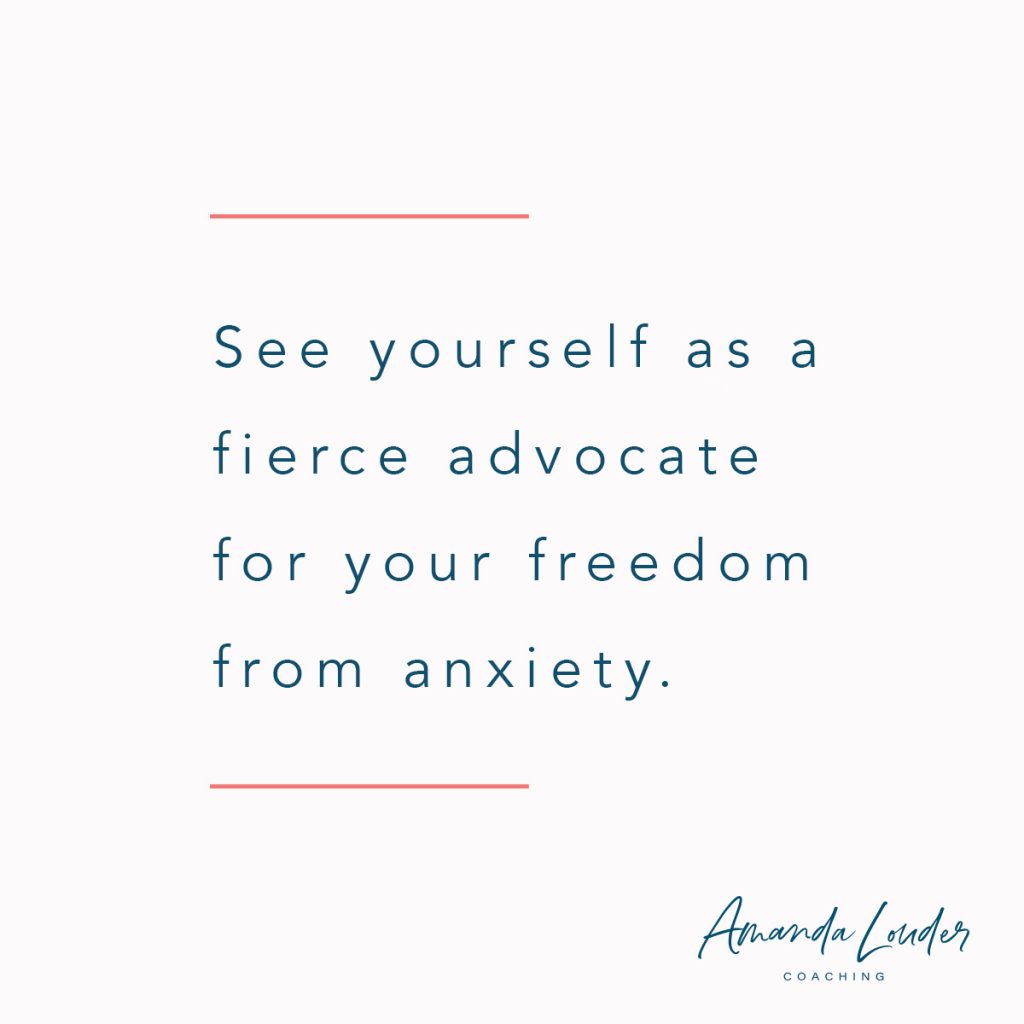
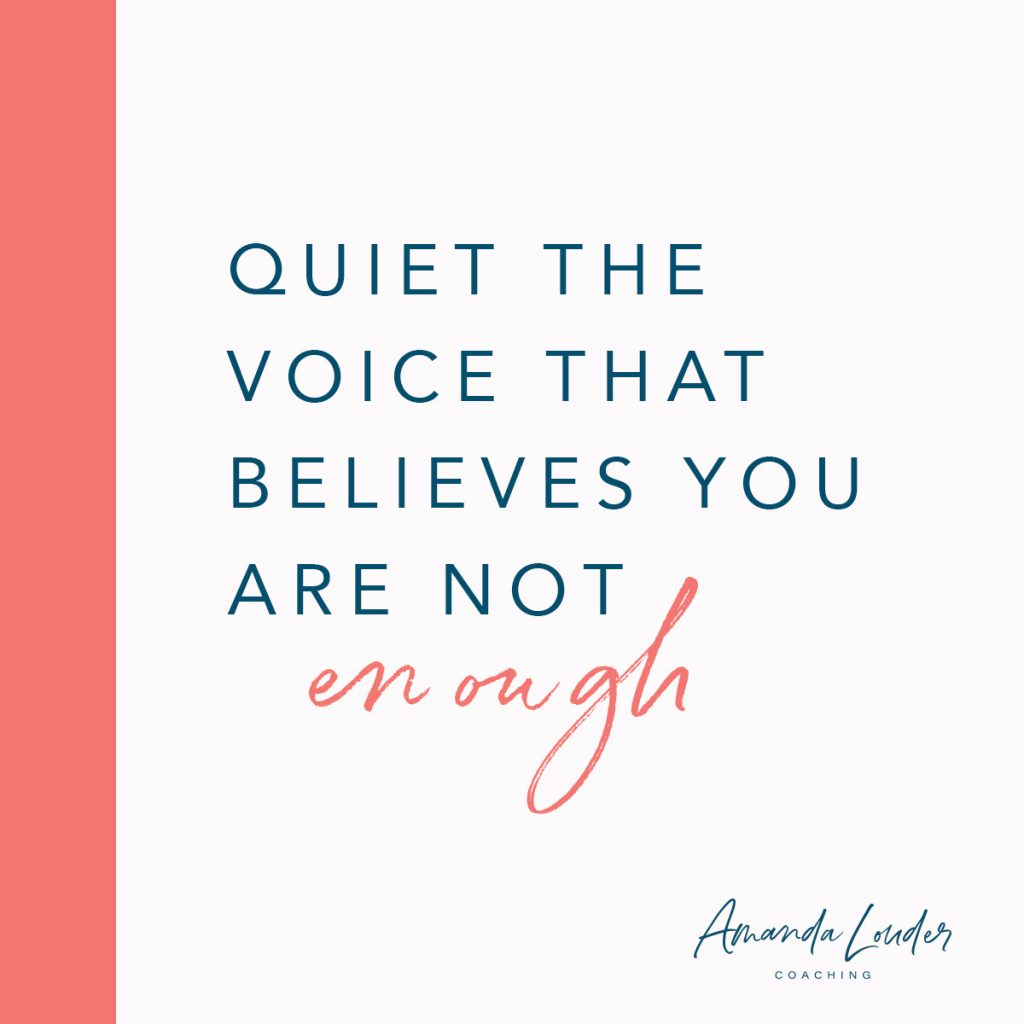
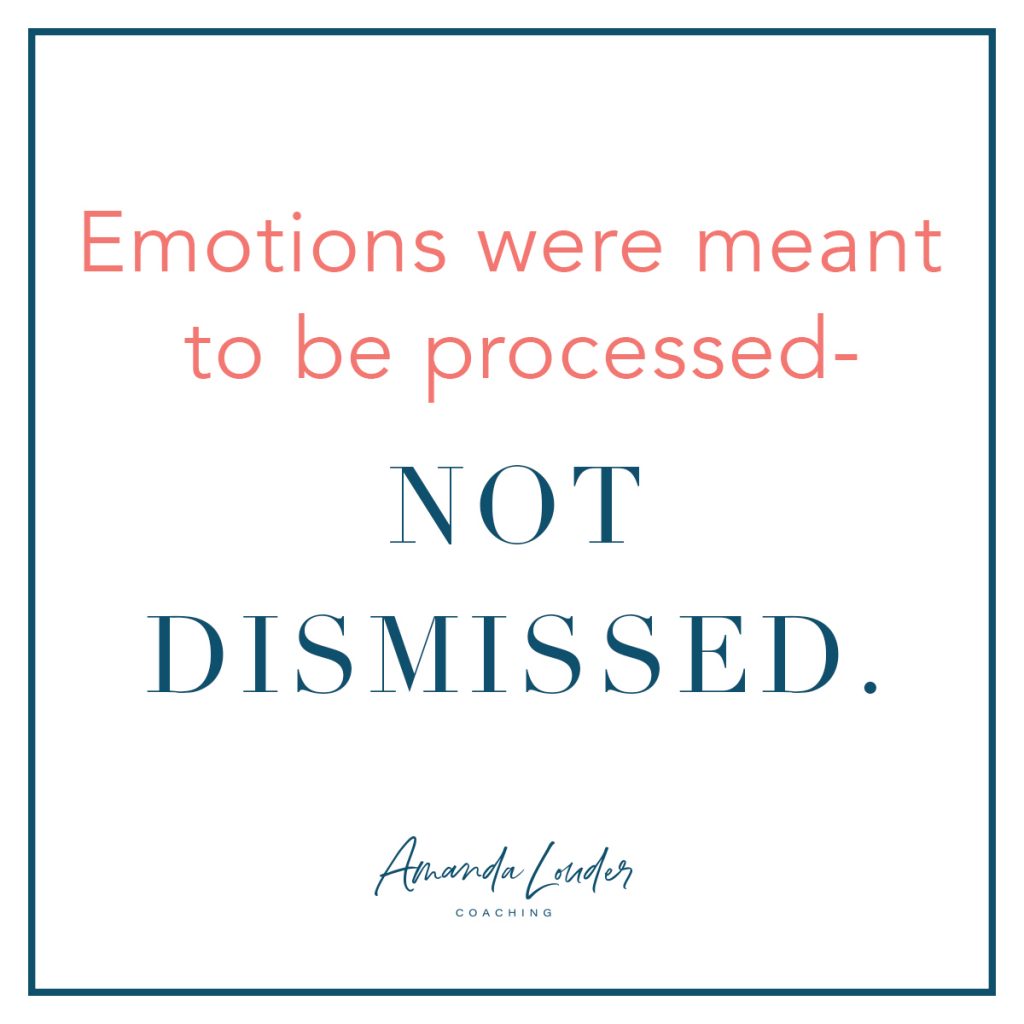
Show Notes:
Follow Amanda on Facebook and Instagram.
Join Amanda’s Private Facebook Group.
References for this episode:
Show Summary:
It seems like everywhere I turn these days I hear about someone struggling with anxiety. Many of the women I get coming to mini-sessions are struggling with it as well as many of my clients. We use the time on the mini-session to see how anxiety is impacting not only their sex life, but in their relationship as well as other aspects of their life. Based on the work we do on the initial call, I am able to tailor a program specifically to help them work through their anxiety. I highly recommend that if you are struggling with anxiety, take steps to advocate for yourself. It’s totally worth it. Set up a FREE mini-session today and let me help.
So, that is what we are talking about today. Anxiety. What it is. Where it comes from. What does it look like when it comes to our sex life. And of course, some tips on how to work through it.
What is anxiety?
So what is anxiety anyway? It can be different for everyone but it is generally described as intense, excessive, and persistent worry or fear about everyday situations. People usually describe it as their mind is unable to shut off. Along with the mental aspect, anxiety is usually accompanied by physical symptoms like a fast heart rate, rapid breathing, sweating, and maybe even fatigue.
Anxiety is only an indicator of underlying disease when feelings become excessive, all-consuming, and interfere with daily living. When it gets to that point, I suggest clients talk to a psychiatrist or their family physician because it can definitely be that something isn’t working with their brain chemistry and medicine can help.
But for most, anxiety can be lessened or resolved all together when you learn more about how the brain works and through thought work. I have clients who have been able to get off their anxiety medication (with help from their doctor) because of the work that we do in coaching. This is great news for those who don’t want to take medication and would rather use effective alternative methods, like thought work and coaching tools.
Where does anxiety come from?
Anxiety is usually about resisting other emotions. Emotions that are hard, that feel uncomfortable in our body and we don’t want to feel. So instead of feeling them, we resist them. We push them down, and anxiety takes its place. And while anxiety feels horrible, it’s more comfortable and familiar than feeling the emotions we are resisting. We will choose anxiety instead of fear, stress, vulnerability, nervousness, embarrassment, worry, humiliation, and a whole host of other negative emotions. And it isn’t a conscious choice necessarily, it’s just what we do. Most of us have been conditioned to not feel negative emotion to either avoid (with buffers like food, social media, video games, or porn) or to resist it.
When we resist emotion, it really doesn’t go away. It just festers. What we resist persists. When working with my clients I use the analogy of holding a beach ball under water. We can only hold it under the water for so long before it explodes. Our bodies were made to process emotions, so when we don’t allow them and process them, they fester, which creates anxiety. When we just allow the emotion – the fear, the worry then our body can process that emotion and it can dissipate. You can tell if you are allowing the emotion because you will feel relief. If you don’t get the relief, you are probably resisting it…causing anxiety.
What does anxiety look like when it comes to our sex life?
Anxiety shows up in a lot of different ways when it comes to our sex life. I’m going to talk about the three most common ones I see. See which ones you identify with. Maybe just one. Maybe all three.
- Anxiety from the anticipation
It’s been a few days since you’ve had sex. You know that your spouse will be wanting it again soon. You’re not in the mood, you have a lot on your plate, and you feel pressure to say yes (even if that isn’t their intent) but know that if you don’t do it your spouse will be anywhere from mildly disappointed to very upset. Even if they say it’s ok and they understand, you think that deep down they are disappointed in you. Maybe they are sad or just mildly irritated. Maybe they really don’t react well at all. Maybe their reaction is unconscious or conscious but it might look like general irritability, maybe pressure, cajoling, trying to guilt you into it. Saying how much they “need” it. That it is your job to provide it. It could get even more contentious. It doesn’t matter how well or how bad they take it, you struggle with knowing that they are going to experience negative emotion and you are uncomfortable with their negative emotion. So knowing that all of this is coming, you start experiencing anxiety in anticipation of what you think might be coming. Sound familiar?
If you have pain with sex, the anticipation of that pain can definitely bring on anxiety as well. I work with a lot of women who struggle with pain and working in conjunction with their doctor or pelvic floor physical therapist, we work on the mental side of dealing with the pain and the anxiety that goes with it. I can’t emphasize the importance of doing the thought work. I have seen clients who had lots of anxiety and dreaded sex because of pain that now experience no pain and have a happy, healthy sex life, with no anxiety either.
- Performance anxiety
Many people experience performance anxiety during sex. They are worried about how they are performing, if their partner is having a good time, if their body looks ok, and the biggest one – are they going to orgasm or not. All of these thoughts cause them to not have a good time or enjoy it and then it becomes an anxiety riddled experience for them. I work with many clients with performance anxiety and who have been unable to orgasm, despite trying to. Many of them get really close, but just can’t seem to go over the edge. They don’t understand how their mindset, and the anxiety they have about not orgasming, is actually the thing that is keeping it from happening. But when they work with me, we are able to work through the persistent and recurring issues that have stopped them in the past and help them be successful in actually being able to have an orgasm…and again, no more anxiety!
- Managing anxiety with sex
This third area is different than the other two in that it isn’t the thoughts about sex that are causing the anxiety, but is using sex as a way to manage the anxieties. While the other two are more common in the lower desire partner, managing your anxieties with sex happens more with the higher desire partner.
Inside every single human on the planet is a voice that says that we are not enough. For some, that voice is louder than others. Those who are more confident in life still have that voice, they have just learned not to believe it. But then there is the rest of us, who struggle with that voice on a daily basis. We look to outside sources to feel validation. We want our partner to validate us and tell us that yes, we are enough. That we are lovable, attractive, sexy, and worthy. And we use sex as a way to get that validation from our partner. So, we feel anxiety about not being enough and we think that by our partner having sex with us, it validates us. But the problem is, is that then we question if they are having sex with us because we really are enough or they are doing it for some other reason, and then there’s more anxiety. It’s a vicious cycle. This can be successfully managed with the right tools, too.
What Anxiety Does To Your Sex Drive
In episode 101 – Sex Under Stress we talked about how stress affects your sex drive. Cortisol, which is the primary stress hormone, increases your body’s most important functions for survival, like blood flow and increased heart rate. At the same time, it also diminishies non-essential functions or ones that would be detrimental in a fight-or-flight situation (like your sex drive). It also decreases testosterone levels, which is hormone with the greatest significance to the sex drive in both men and women. Anxiety is stress. So of course when you are experiencing anxiety, your body turns off your sex drive. So of course it’s hard for you to get in the mood, stay in the mood, and have an orgasm.
Working through the anxiety
So, now we’ve established what anxiety is, why we have it, and how it typically shows up in our sex life, let’s talk about how to we can learn to manage it.
One of the biggest problems with anxiety is that we judge ourselves for having it. We resist it just like we resist the other negative emotions, which just makes it all the more present.
Instead of resisting it, we need to come to a place of acceptance for it. My mentor, Brooke Castillo, who started the Life Coach School where I was certified said that she wakes up with anxiety every single day. She describes it like she is carrying a heavy purse with her. It’s there, all the time, weighing on her, but she doesn’t let it stop her from doing what she wants to do. So that is the first step we work on with anxiety, is learning to accept it and to stop judging yourself for having it.
The second part is learning to feel the emotions you are feeling, instead of resisting them, so that the resistance doesn’t bring on anxiety.
And the third step is learning how to control their thoughts and feelings so that they don’t feel anxiety as much or sometimes not at all. So much of anxiety is the unknown and together we come up with a plan to help them work through it so they don’t have to have anxiety about it. I help them to feel more in control of the situation and what is going on in their brain and in their body. And with a plan, the anxiety dissipates.
If you are tired of how anxiety is standing in the way of a great sex life or feeling confident, I would love to work with you to reduce and even eliminate some of it. Together we can come up with a plan where you feel more in control and not at the mercy of what is going on, so that you can create the life you actually want. You can sign up for a free mini-coaching session on the homepage of my website AmandaLouder.com and on that call we will talk about what coaching together will look like and start formulating that plan so that you can live a happy and productive life without a heavy purse to carry around every day. If the thought of even scheduling a call with me about anxiety sounds overwhelming, I get it. I want to reassure you that you are exactly who I help. Think about taking things one step at a time and not getting ahead of the process. I encourage you to see yourself as a fierce advocate for your freedom from anxiety and take that first step. Don’t wait to feel better. “Set up a mini-session today and get some relief.”



